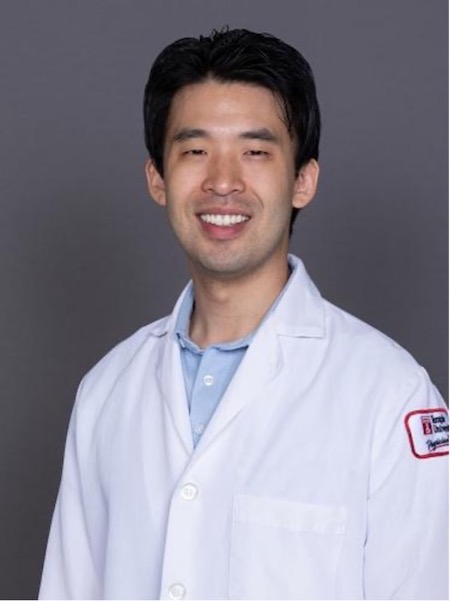Advanced Applications of HBPC™ Workshop – Faculty Spotlight
Date: 11|17|2022
Daniel J. Kim, MD
 About Dr. Kim
About Dr. Kim
As an internal medicine specialist and geriatrician at Temple University Hospital in Philadelphia, Dr. Kim provides both inpatient and outpatient consultations as well as transitional care home visits for high-risk patients to assess the home environment and ensure patients and their caregivers have access to the resources they need.
A graduate of the University of Michigan Medical School, Dr. Kim completed his internal medicine residency and two back-to-back fellowships in point-of-care ultrasound (POCUS) and geriatrics at the Hospital of the University of Pennsylvania.
During HCCI’s Advanced Applications of HBPC™ workshop, Dr. Kim will provide an “Introduction to POCUS/physics and knobology,” and guide learners during hands-on training for using POCUS during house calls.
How did you get involved with house calls?
I always wanted to become a geriatrician and do home-based medicine. So as a resident, I had my second clinic in a geriatrics clinic and participated in home visits. One of my mentors who is also faculty at Penn Medicine and a home-based provider—Dr. Bruce Kinosian—invited me to an HCCI workshop where I learned a lot about home-based primary care.* Since then, I’ve combined my interests in geriatrics and POCUS because I believe it’s a way to provide better care for older homebound patients. Because they don’t have easy access to primary care, there can be frequent delays with bloodwork and imaging, which leads to delays in diagnoses and treatment and, in turn, increased morbidity, mortality, higher hospitalizations, etc.
How will learners benefit from the HCCI workshop?
In general, learners will come away with practical advice and information on how to set up a home-based care practice. The workshops offer hands-on demonstrations, lots of discussions, and the opportunity to hear different viewpoints. I think the ultrasound component is going to be valuable, too. POCUS gives providers an additional data set to use in the home, in real time, to diagnose and make decisions quickly instead of having to wait a day or days for X-rays—or even weeks for a leg doppler. It changed the way I practice—I’m providing better patient care—and my passion is to spread the word and have more home-based doctors learn to use POCUS. With two hours of hands-on training, learners will hopefully gain the confidence to use this important toolset in their home-based practices.
What’s your most memorable HCCI workshop moment?
As a resident, I was excited to take part in the workshop—it was a highlight just to be able to listen to and talk with home-based physicians and think about my future career. The overall experience and learning about the framework of how to do home-based care helped shape what I do now. Seeing patients in the home is very different, very special, and I’m grateful to have had that opportunity and continue that journey later on as an attending physician.
*This workshop was presented at UPenn because (like the University of California San Francisco), UPenn was one of HCCI’s Centers of Excellence involved in developing and presenting our curriculum.